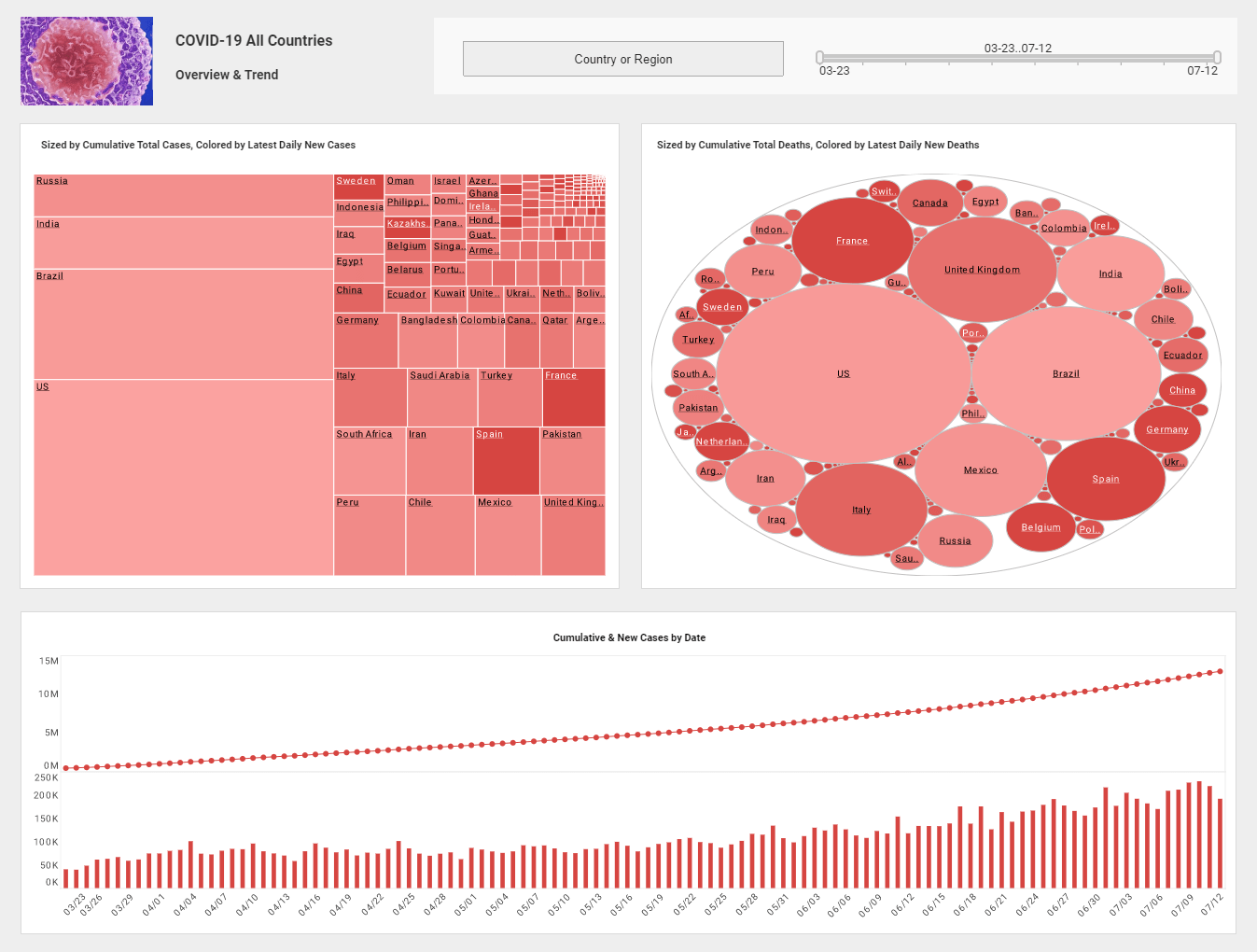Key Ingredient for a Successful Business Analyst
This is the continuation of the transcript of a Webinar hosted by InetSoft on the topic of "Top Trends for Business Analysts." The speaker is Rick Smith, Senior Business Analyst at InetSoft.
The second key ingredient for a successful business analyst is having good business skills. One of the things I hear an awful lot from the business analyst community out there is the challenge that they have to sit at the conference table with senior executive leaders and quantify strategies about the next fiscal year. Where are we going? What are we doing? What sort of insights do the senior BAs have? How can we guide the future?
I think the profession still needs to grow, I think the acknowledgement still needs to be there, but I also think one of the missing pieces is what I would call ownership accountability. We need to get in synch with the phases our executive management team is using, return on investment and the creation of efficiencies.
You should be able to talk about strategic plans and be able to articulate it. Be able to present that information which is relevant and important to a senior executive audience. I am not suggesting that we don’t do this already, but I’m suggesting that we need to really fine tune this ability.
Things like critical thinking and problem solving, change management, things like integrity, things like setting goals and objectives, these are all the soft skills that are important.
| #1 Ranking: Read how InetSoft was rated #1 for user adoption in G2's user survey-based index | Read More |
Business Skills That Will Help Propel Us Forward
These are the business skills that will help propel us forward and be able to sit at the table and strategize as business analysts. You want to be able to look at current state and help provide insight into the desired future state. I think one of the things we have to really focus on is the practice of modeling.
Let’s put up the next poling question and ask, ‘is modeling a mandatory practice for your requirements, management and development activities?’ Is it required for you to procure models as part of your requirements or business analysis practices? Let’s see what the audience says. The key word is mandatory.
Well I think that they should but I think the reality is, is that they don’t. The results are, yes is 24%, no is 76%. I am very sad that the numbers are as they are and some people perhaps might argue that modeling is very time consuming. I would argue the other way. I would say modeling is actually much, much faster. It’s a lot easier for me as a business analyst to sketch out things on a white board or just sketch out things on an iPad and share them with our customers.
You know that picture is worth a 1,000 written words, and so it really strikes me that these practices are not mandatory even if it’s the hybrid of practices. I look at an activity diagram where I can quickly and easily identify where bottlenecks are occurring or how we can increase efficiencies by moving data and processes through a system faster so I’m really surprised.
Trend number 7, ladies and gentlemen, and this is COEs business analysis. Centers of Excellence provide a framework for discipline, and increasingly we‘re starting to see Centers of Excellence pop up. COEs were on the rise, and then we got into economic crisis, and COEs were on the downturn. We saw community practices, and that hung on for a year, a year and a half. Now we’re back to COEs again, and it’s interesting we're starting to see business analysis Centers of Excellence manifest themselves both in the public sector and in private sector.
Even more interesting is that the most mature business analysis Centers of Excellence that I have seen are those from India, and when you think about India we think immediately business outsourcing and outsourcing solutions. A lot of organizations that I work, some of the big ones are divided by industry vertical and each vertical within an organization has a Business Analysis Center of Excellence.
 |
Read the top 10 reasons for selecting InetSoft as your BI partner. |
Enterprise Business Analysis Centers of Excellence
What I find even more interesting is that sitting on top of all the industry verticals are Enterprise Business Analysis Centers of Excellence. I don’t think in North America we’re quite yet at the Enterprise Business Analysis Centers of Excellence but you know in some of the state and local government agencies that work with COEs are beginning to manifest themselves.
At a lot of larger pharmaceutical organizations or manufacturing organizations we’re starting to see BA Centers of Excellence show up. We’re starting to understand the order of magnitude necessary to bring this discipline together. PMOs and IT organizations have said this is real, and we need a forum. We need a structured and organized approach to understanding how this is done. We see this manifest itself through a lot of engagements.


